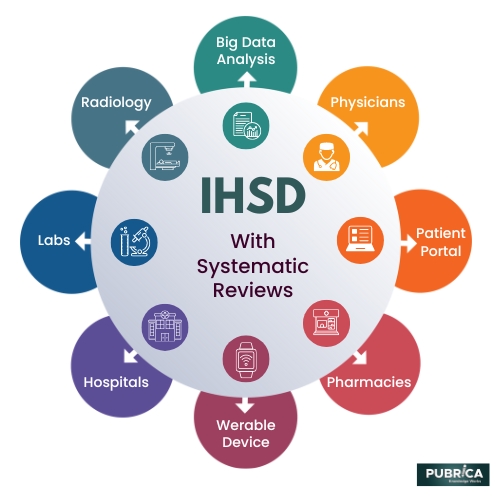Integrating Health System Data With Systematic Reviews
Integrating health system data with systematic reviews is essential to evidence-based decision-making. Systematic reviews are the gold standard for synthesizing the available evidence on a particular topic or question. However, they are often limited by the quality and quantity of the data available. By integrating health system data with systematic reviews, researchers can expand the scope of their analysis and increase the reliability of their findings.
Health system data refers to the collection of data from various sources within a healthcare system. These sources include electronic health records, administrative databases, disease registries, and other healthcare-related data sources. Health system data can provide valuable insights into the real-world effectiveness of healthcare interventions, as it reflects the outcomes of patients in routine clinical practice. By integrating health system data with systematic reviews, researchers can improve the external validity of their findings and provide more accurate estimates of treatment effects.

Benefits of integrating health system data
There are several benefits of integrating health system data with systematic reviews.
However, integrating health system data with systematic reviews is also associated with challenges.
Conclusion
Integrating health system data with systematic reviews can enhance the reliability and validity of research findings. It can provide a more comprehensive picture of the real-world effectiveness of healthcare interventions and highlight areas for further research. However, it also presents data access, quality, and expertise challenges. By addressing these challenges, researchers can maximize the potential of health system data to inform evidence-based decision-making.
Give yourself the Medical edge today
Each order includes
- On-time delivery or your money back
- A fully qualified writer in your subject
- In-depth proofreading by our Quality Control Team
- 100% confidentiality, the work is never re-sold or published
- Standard 7-day amendment period
- A paper written to the standard ordered
- A detailed plagiarism report
- A comprehensive quality report

